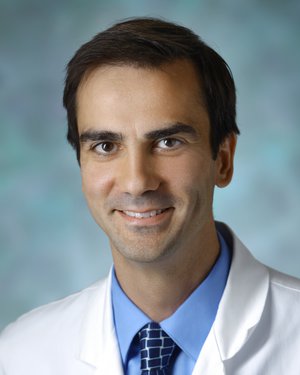Research Lab Results
-
Lamichhane Lab
Our research focuses on the biology of the peptidoglycan of Mycobacterium tuberculosis, the organism that causes tuberculosis, and Mycobacteroides abscessus, a related bacterium that causes opportunistic infections. We study basic mechanisms associated with peptidoglycan physiology but with an intent to leverage our findings to develop tools that will be useful in the clinic to treat mycobacterial infections. Peptidoglycan is the exoskeleton of bacteria that not only provides structural rigidity and cell shape but also several vital physiological functions. Breaching this structure is often lethal to bacteria. We are exploring fundamental mechanisms by which bacteria synthesize and preserve their peptidoglycan. Although our lab uses genetic, biochemical and biophysical approaches to study the peptidoglycan, we pursue questions irrespective of the expertise required to answer those questions. It is through these studies that we identified synergy between two beta-lactam antibiotics against select mycobacteria. -
Karakousis Lab
The Karakousis Lab is primarily focused on understanding the molecular basis of Mycobacterium tuberculosis persistence and antibiotic tolerance. A systems biology-based approach, including the use of several novel in vitro and animal models, in combination with transcriptional, proteomic, genetic, imaging, and computational techniques, is being used to identify host cytokine networks responsible for immunological control of M. tuberculosis growth, as well as M. tuberculosis regulatory and metabolic pathways required for bacillary growth restriction and reactivation. In particular, we are actively investigating the regulatory cascade involved in the mycobacterial stringent response. Another major focus of the lab is the development of host-directed therapies for TB, with the goal of shortening treatment and improving long-term lung function. Additional research interests include the development of novel molecular assays for the rapid diagnosis of latent TB infection and active TB disease, and for the detection of drug resistance. -
William Bishai Laboratory
The William Bishai Laboratory studies the molecular pathogenesis of tuberculosis. The overall goal of our laboratory is to better understand tuberculosis pathogenesis and then to employ this understanding toward improved drugs, vaccines and diagnostics. Since Mycobacterium tuberculosis senses and adapts to a wide array of conditions during the disease process, it is clear that the regulation of expression of virulence factors plays an important role in pathogenesis. As a result, a theme of our research is to assess mycobacterial genes important in gene regulation. We are also interested in cell division in mycobacteria and the pathogenesis of caseation and cavitation.



